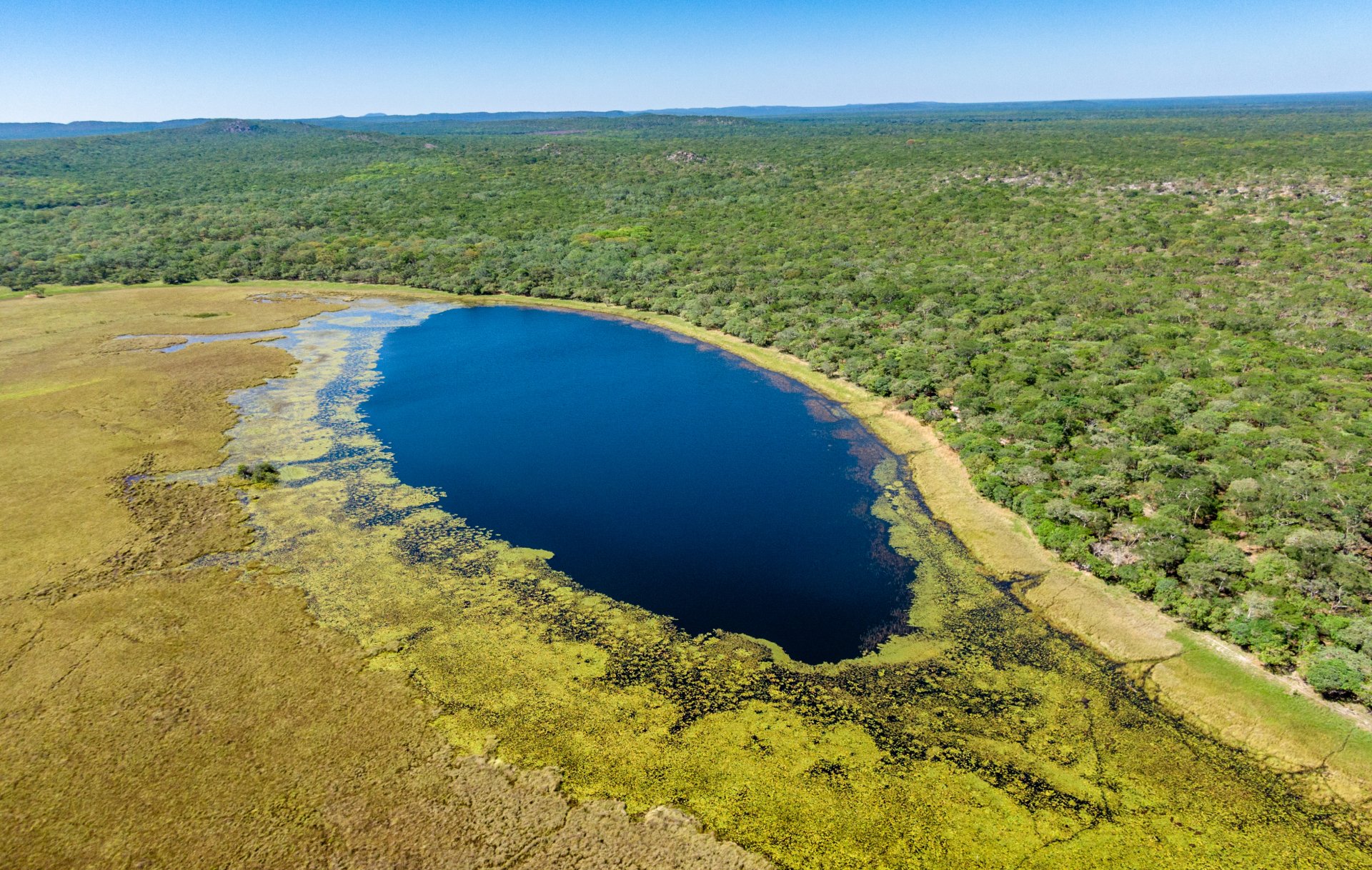Transforming Landscapes for Resilience and Development II (TRALARD) [C173]
 Photo:Jason Mulikita
Photo:Jason Mulikita
TRALARD II aims to strengthen Zambia’s climate adaptation efforts, improve livelihoods for vulnerable communities, and mobilise financing for better climate resilience.
REGION
Africa
PROJECT REFERENCE
NDF C173
DURATION
2026-2031
NDF FINANCING
EUR 10 million
FINANCING TYPE
Grant
IMPLEMENTING AGENCY
Government of Zambia, World Bank
NDF CONTACT
Morten Holm van Donk (morten.vandonk@ndf.int)
Objective
Zambia faces significant challenges in achieving sustainable growth, climate resilience, environmental sustainability, and reducing the poverty rate, which currently exceeds 60%. Notably, around 80% of the country’s poor live in rural areas, where most depend on rainfed subsistence farming and natural resource exploitation, making them highly vulnerable to climate change.
Forests and sustainable natural resources management are critical to maintaining eco-services and balance, climate resilience, and sustainable livelihoods. However, Zambia has some of the highest rates of deforestation and forest and land degradation in Africa, driven by charcoal production, unsustainable agriculture, wildfires and illegal logging. The government is committed to reversing this devastating development by promoting resource efficiency, protecting and restoring natural capital, and creating new and better jobs to foster social inclusion and prosperity.
The TRALARD II’s objective is to enhance natural resource management, livelihoods, and climate resilience, with the aim of building resilience in communities, enhancing food security, energy and watershed management. Activities will have an overall focus on sustainable and inclusive development, highlighting the significant opportunities for job creation in the agri-food and forestry sectors, through support to climate-smart practices and sustainable land, forest and watershed management, promoting climate-resilient livelihoods and green jobs. The project will also strengthen institutional and governance frameworks and capacities, enhance integrated monitoring systems, and promote community participation, including a special focus on women, youth and disabled people, in planning and implementation processes. Sustainable financing mechanisms, including carbon credits in a new jurisdictional Emission Reduction Program, will be developed to strengthen the flow of climate financing to local communities.
Financing
NDF provides a grant of EUR 10 million. The total funding of TRALARD II is USD 138 million, with co-financing from the Global Environment Facility, International Development Association and the Climate Investment Funds.
